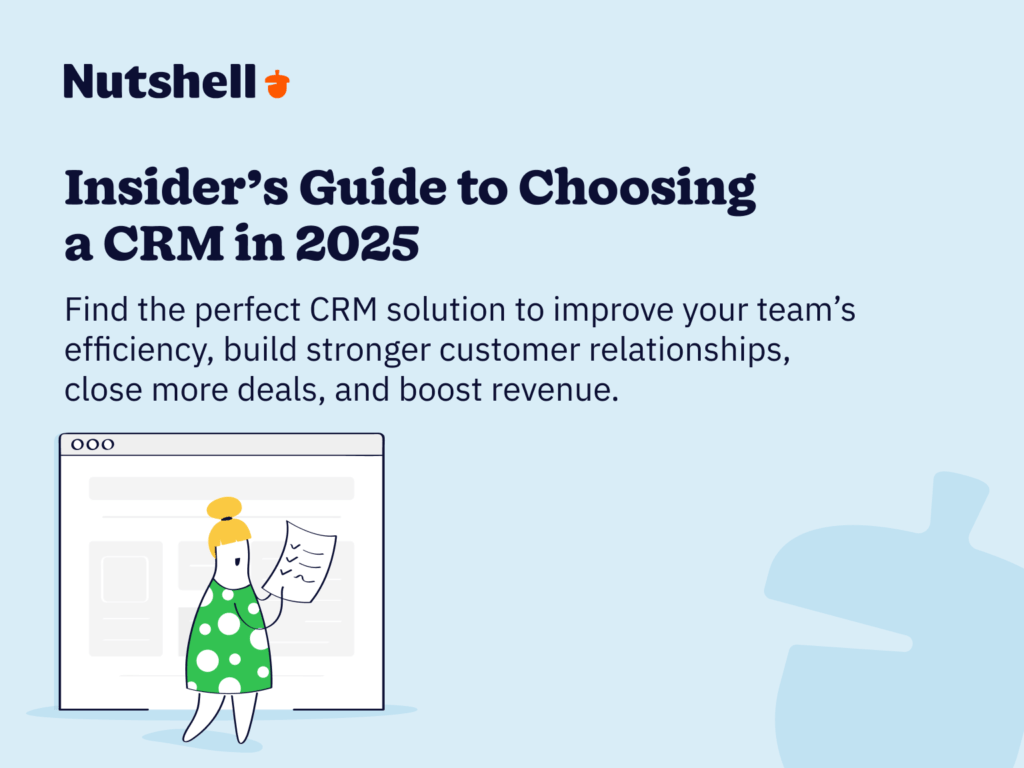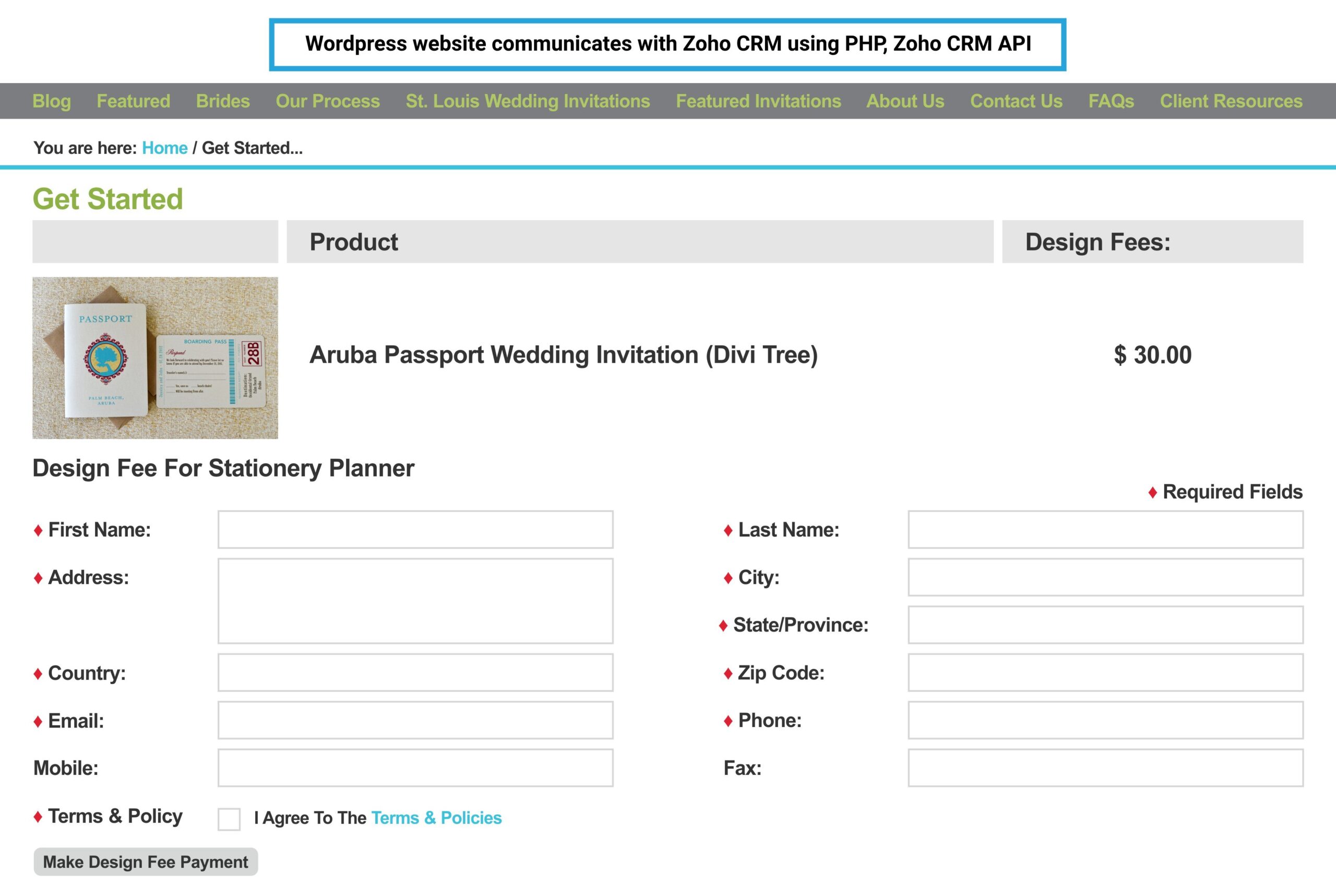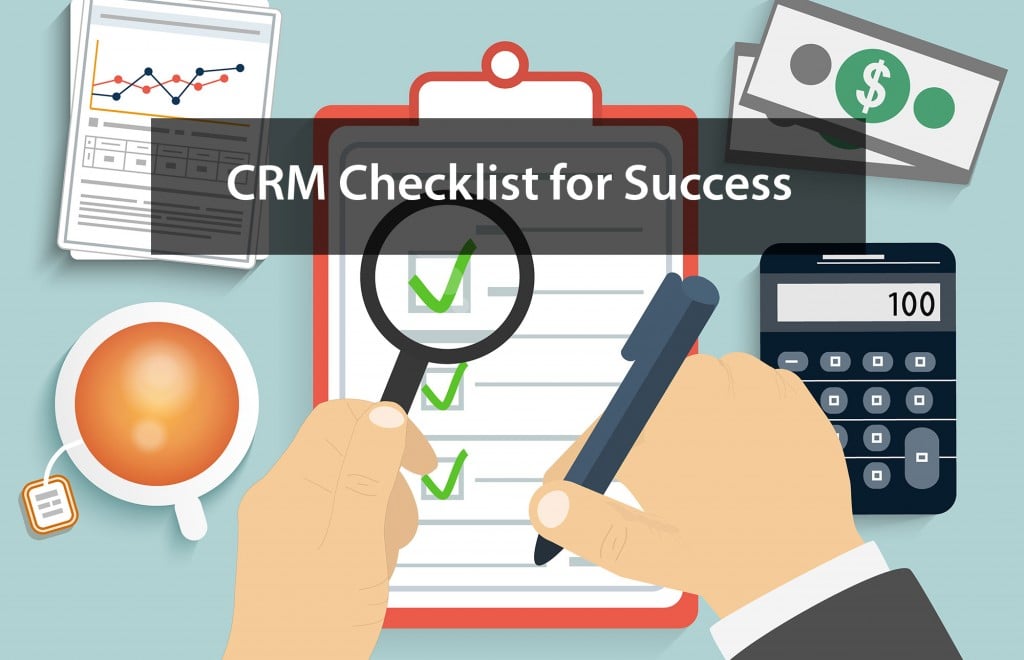CRM Marketing Strategy 2025: Mastering Customer Relationships for Unprecedented Growth

CRM Marketing Strategy 2025: Mastering Customer Relationships for Unprecedented Growth
The business landscape is constantly evolving, and staying ahead requires adaptability and a forward-thinking approach. As we approach 2025, the importance of Customer Relationship Management (CRM) in marketing strategies will be more critical than ever. This comprehensive guide delves into the intricacies of CRM marketing strategies for 2025, providing actionable insights, best practices, and future trends to help you master customer relationships and achieve unprecedented growth.
Understanding the Foundation: What is CRM Marketing?
Before we dive into the future, let’s solidify the basics. CRM marketing is a strategic approach that leverages CRM systems to manage and analyze customer interactions and data throughout the customer lifecycle. It’s about understanding your customers, personalizing their experiences, and building lasting relationships that drive loyalty and revenue. It’s more than just a software; it’s a philosophy centered on the customer.
At its core, CRM marketing aims to:
- Enhance customer satisfaction and loyalty.
- Increase sales and revenue.
- Improve customer retention rates.
- Optimize marketing campaigns and ROI.
- Gain a deeper understanding of customer behavior and preferences.
The Evolving Landscape: Key Trends Shaping CRM in 2025
The CRM landscape is dynamic, influenced by technological advancements, changing consumer behaviors, and evolving market dynamics. Several key trends will significantly shape CRM marketing strategies in 2025.
1. Artificial Intelligence (AI) and Machine Learning (ML) Integration
AI and ML are no longer futuristic concepts; they are integral components of modern CRM systems. In 2025, expect even deeper integration of AI and ML, enabling:
- Predictive Analytics: AI algorithms will predict customer behavior, identify churn risks, and forecast future sales, allowing for proactive interventions.
- Hyper-Personalization: AI will power hyper-personalized customer experiences, tailoring content, offers, and interactions to individual preferences in real-time.
- Automated Chatbots and Virtual Assistants: AI-powered chatbots will handle customer inquiries, provide support, and automate routine tasks, freeing up human agents for complex issues.
- Lead Scoring and Qualification: AI will automate lead scoring, identifying the most promising leads and streamlining the sales process.
2. The Rise of Customer Data Platforms (CDPs)
CDPs are becoming increasingly important for centralizing and managing customer data from various sources. In 2025, CDPs will play a crucial role in:
- Data Consolidation: CDPs will consolidate customer data from multiple sources, including websites, social media, email marketing, and CRM systems, creating a unified customer view.
- Data Enrichment: CDPs will enrich customer profiles with demographic, psychographic, and behavioral data, providing a more comprehensive understanding of each customer.
- Personalized Marketing Campaigns: CDPs will enable marketers to create highly personalized marketing campaigns based on a 360-degree view of the customer.
- Enhanced Data Privacy and Compliance: CDPs will help businesses comply with data privacy regulations like GDPR and CCPA by providing tools for data governance and consent management.
3. The Metaverse and Immersive Customer Experiences
The metaverse is poised to revolutionize customer experiences. In 2025, businesses will explore opportunities to:
- Create Immersive Brand Experiences: Offer virtual product demonstrations, interactive events, and personalized shopping experiences within the metaverse.
- Engage Customers in Virtual Communities: Build virtual communities where customers can interact with each other, share feedback, and connect with the brand.
- Collect Data through Virtual Interactions: Gather valuable customer data from interactions within the metaverse to personalize future experiences.
4. Focus on Data Privacy and Security
Data privacy and security will remain paramount. Businesses will need to:
- Prioritize Data Security: Implement robust security measures to protect customer data from breaches and cyber threats.
- Comply with Data Privacy Regulations: Adhere to evolving data privacy regulations, such as GDPR, CCPA, and others, to maintain customer trust.
- Be Transparent with Data Usage: Clearly communicate how customer data is collected, used, and protected.
- Obtain Customer Consent: Ensure explicit consent for data collection and usage.
5. The Importance of Omnichannel Experiences
Customers interact with brands across multiple channels, including websites, mobile apps, social media, email, and in-store. In 2025, providing seamless omnichannel experiences will be crucial. This means:
- Consistent Brand Messaging: Delivering consistent brand messaging across all channels.
- Personalized Interactions: Tailoring interactions based on customer preferences and past interactions.
- Seamless Transitions: Allowing customers to seamlessly transition between channels without losing context.
- Unified Customer View: Maintaining a unified view of the customer across all channels.
Crafting Your CRM Marketing Strategy for 2025: A Step-by-Step Guide
Developing a successful CRM marketing strategy for 2025 requires a structured approach. Here’s a step-by-step guide to help you get started:
1. Define Your Goals and Objectives
Begin by clearly defining your CRM marketing goals and objectives. What do you want to achieve? Examples include:
- Increase customer retention rates.
- Boost sales and revenue.
- Improve customer satisfaction scores.
- Enhance marketing campaign ROI.
- Grow your customer base.
Make sure your goals are SMART: Specific, Measurable, Achievable, Relevant, and Time-bound. This will help you track your progress and measure your success.
2. Understand Your Target Audience
A deep understanding of your target audience is essential. Create detailed customer personas that include:
- Demographics: Age, gender, location, income, education, etc.
- Psychographics: Interests, values, lifestyle, attitudes, etc.
- Behavioral Data: Purchase history, website activity, social media engagement, etc.
- Needs and Pain Points: What are their challenges and how can your product or service solve them?
Use customer data, surveys, and market research to gather insights and refine your customer personas.
3. Choose the Right CRM System
Select a CRM system that aligns with your business needs and goals. Consider the following factors:
- Features and Functionality: Does the system offer the features you need, such as contact management, sales automation, marketing automation, and customer service tools?
- Scalability: Can the system scale to accommodate your future growth?
- Integration: Does the system integrate with your existing tools and platforms, such as your website, email marketing software, and social media channels?
- User-Friendliness: Is the system easy to use and navigate for your team?
- Cost: Does the system fit within your budget?
Popular CRM systems include Salesforce, HubSpot, Microsoft Dynamics 365, and Zoho CRM. Research and compare different options to find the best fit for your business.
4. Implement Data Collection and Management
Effective CRM marketing relies on accurate and complete customer data. Implement strategies for data collection and management, including:
- Data Entry: Establish standardized data entry procedures to ensure data accuracy and consistency.
- Data Integration: Integrate data from various sources, such as your website, social media, and email marketing platform, into your CRM system.
- Data Cleansing: Regularly cleanse your data to remove duplicates, correct errors, and update outdated information.
- Data Security: Implement security measures to protect customer data from unauthorized access and breaches.
5. Develop Personalized Marketing Campaigns
Personalization is key to engaging customers and driving conversions. Use your CRM data to:
- Segment Your Audience: Divide your audience into segments based on demographics, behavior, and preferences.
- Create Targeted Content: Develop content that resonates with each segment, such as personalized email campaigns, website content, and social media posts.
- Automate Marketing Workflows: Use marketing automation tools to trigger personalized emails, offers, and follow-up messages based on customer behavior.
- A/B Test Your Campaigns: Test different variations of your marketing campaigns to optimize their performance.
6. Automate Sales and Customer Service Processes
CRM systems can automate sales and customer service processes, saving time and improving efficiency. Implement automation for:
- Lead Scoring and Qualification: Automate the lead scoring process to identify the most promising leads.
- Sales Follow-Up: Automate follow-up emails and tasks to nurture leads and close deals.
- Customer Support: Use chatbots and automated responses to handle customer inquiries and resolve issues.
- Order Management: Automate order processing and tracking.
7. Measure and Analyze Your Results
Regularly measure and analyze your CRM marketing efforts to track your progress and identify areas for improvement. Use CRM analytics to:
- Track Key Metrics: Monitor key metrics such as customer acquisition cost, customer lifetime value, customer retention rate, and conversion rates.
- Analyze Customer Behavior: Analyze customer behavior to understand their preferences, purchase patterns, and engagement levels.
- Generate Reports: Generate reports to visualize your data and track your progress towards your goals.
- Make Data-Driven Decisions: Use your data to make informed decisions about your CRM marketing strategies.
8. Embrace Continuous Improvement
CRM marketing is an ongoing process. Continuously monitor your results, experiment with new strategies, and adapt to changing customer behaviors and market trends. Stay informed about the latest CRM trends and technologies to remain competitive.
CRM Marketing Best Practices for 2025
In addition to the strategic steps outlined above, implementing these best practices will enhance your CRM marketing efforts:
- Prioritize Customer Experience: Focus on providing exceptional customer experiences at every touchpoint.
- Personalize Every Interaction: Tailor your interactions to individual customer preferences and needs.
- Be Proactive: Anticipate customer needs and proactively offer solutions.
- Be Responsive: Respond promptly to customer inquiries and feedback.
- Build Trust: Be transparent and honest in your communications.
- Foster Customer Loyalty: Reward loyal customers with exclusive offers and benefits.
- Gather Customer Feedback: Regularly collect customer feedback to understand their needs and preferences.
- Train Your Team: Provide your team with the training and resources they need to effectively use your CRM system.
- Stay Updated: Keep abreast of the latest CRM trends and technologies.
Leveraging AI for Advanced CRM Marketing in 2025
AI is revolutionizing CRM marketing. Here’s how you can leverage AI to gain a competitive edge:
- Predictive Lead Scoring: Use AI to identify the leads most likely to convert.
- Personalized Product Recommendations: Offer personalized product recommendations based on customer behavior and preferences.
- Automated Email Marketing: Automate email marketing campaigns with AI-powered personalization.
- Customer Service Chatbots: Deploy AI-powered chatbots to provide instant customer support.
- Sentiment Analysis: Analyze customer sentiment to understand their emotions and tailor your communications accordingly.
- Churn Prediction: Use AI to predict which customers are at risk of churning.
Challenges and How to Overcome Them
While CRM marketing offers significant benefits, it also presents challenges. Here’s how to overcome them:
- Data Quality: Ensure data accuracy and completeness through regular data cleansing and validation.
- Data Security: Implement robust security measures to protect customer data.
- Integration Issues: Choose a CRM system that integrates seamlessly with your existing tools.
- User Adoption: Provide your team with adequate training and support to ensure they effectively use the CRM system.
- Lack of Personalization: Leverage CRM data to personalize your marketing campaigns.
- Measuring ROI: Track key metrics to measure the ROI of your CRM marketing efforts.
Future-Proofing Your CRM Marketing Strategy
To future-proof your CRM marketing strategy, consider these key areas:
- Embrace Agile Methodologies: Adopt agile methodologies to quickly adapt to changing market conditions and customer behaviors.
- Invest in Training: Continuously invest in training your team on the latest CRM technologies and best practices.
- Stay Informed: Stay informed about the latest CRM trends and technologies.
- Foster a Customer-Centric Culture: Cultivate a customer-centric culture that prioritizes customer satisfaction and loyalty.
- Be Prepared for Change: Be prepared to adapt your CRM marketing strategy as customer behaviors and market trends evolve.
Conclusion: The Future of CRM Marketing is Now
CRM marketing in 2025 will be defined by personalization, automation, and a deep understanding of customer behavior. By embracing the latest trends, implementing best practices, and continuously adapting your strategy, you can master customer relationships and achieve unprecedented growth. The future of CRM marketing is now; are you ready to embrace it?


